A huge thank you to everyone at the TCM Classic Film Fest for another great event. TCM staff outdid themselves in terms of top-notch programming and events, and volunteers went out their way to be pleasant, helpful and polite.
We had a great time binge-watching! One of many highlights was “The French Connection” and Q&A with director William Friedkin and Alec Baldwin at the TCL Chinese Theatre.
I will run a more detailed roundup story at a later date.





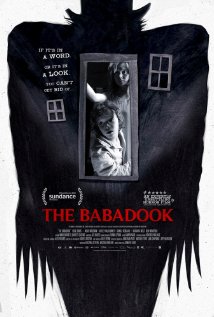
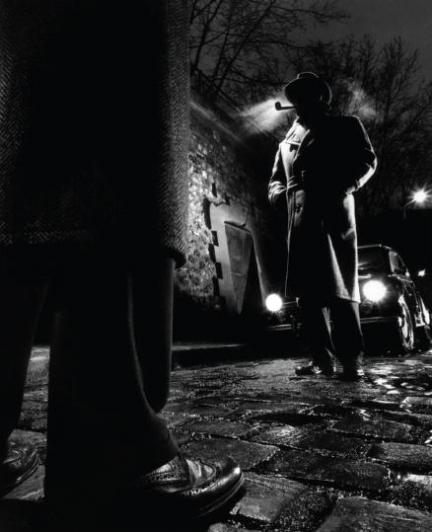
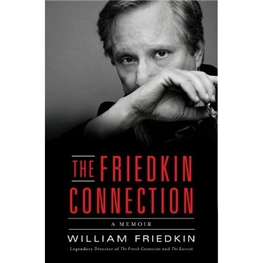
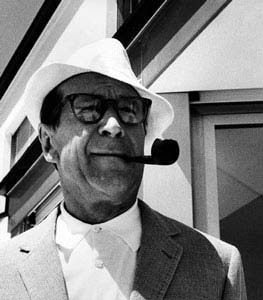
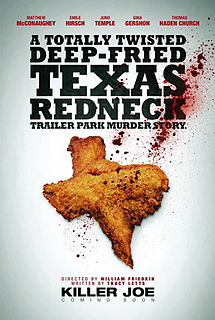
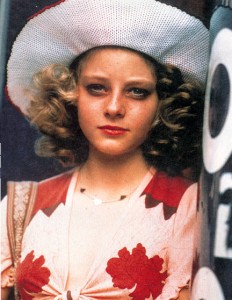
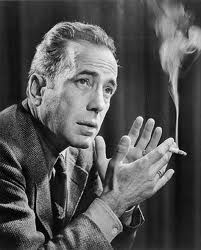





From FNB readers